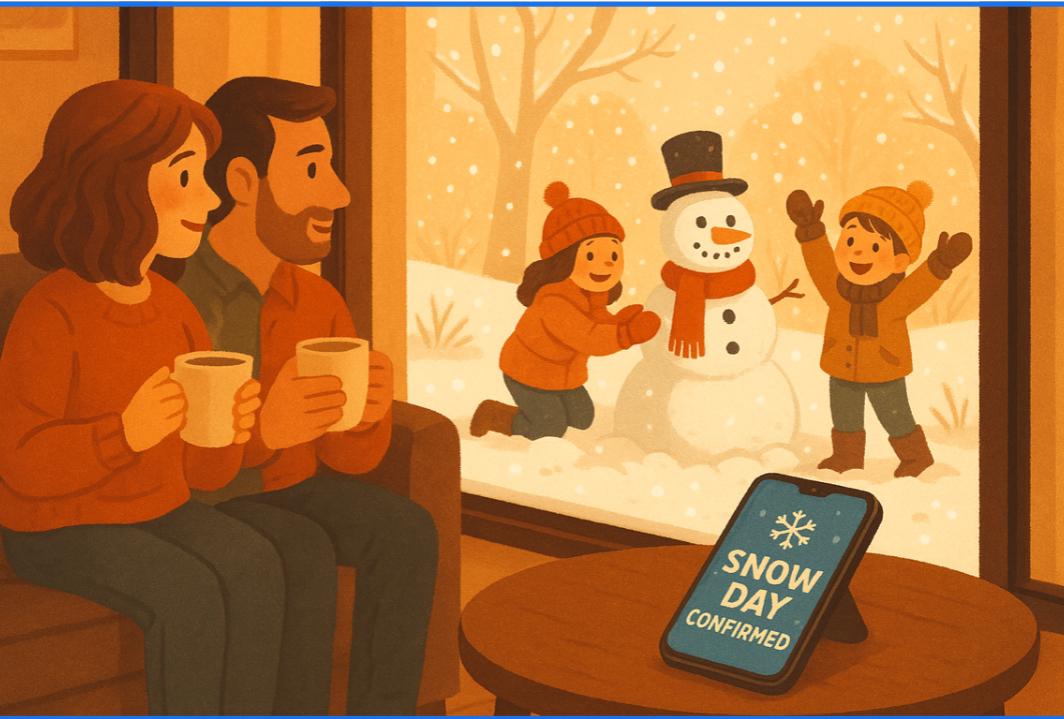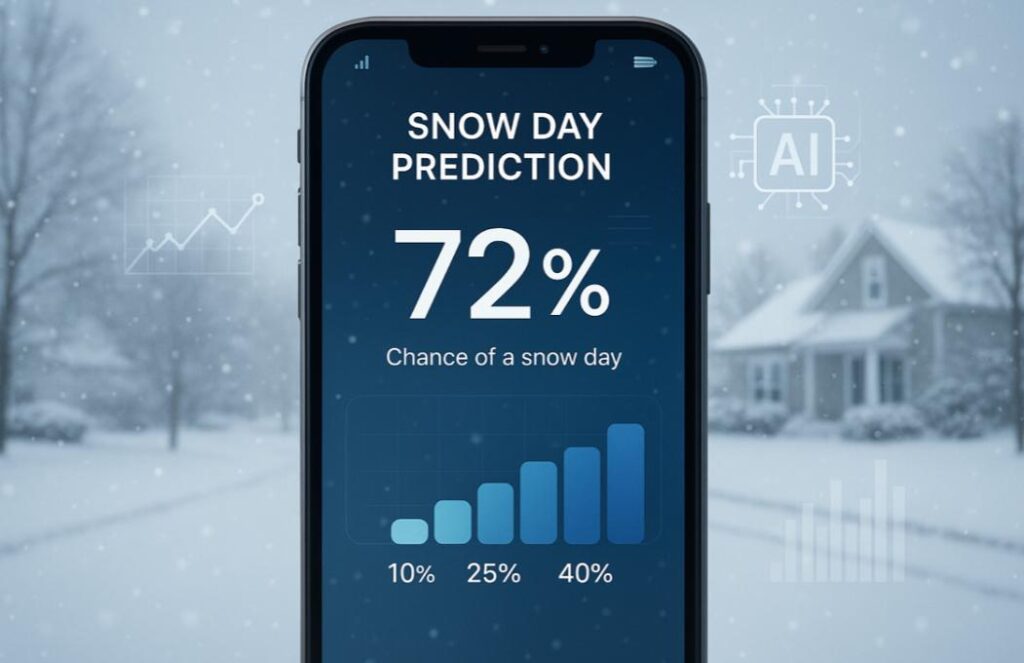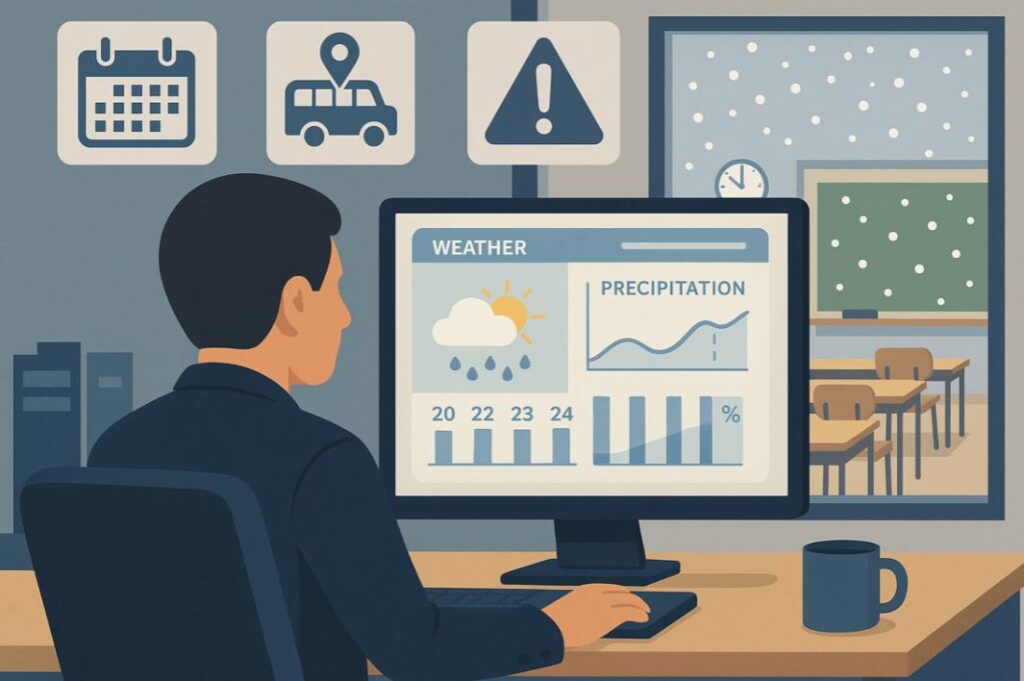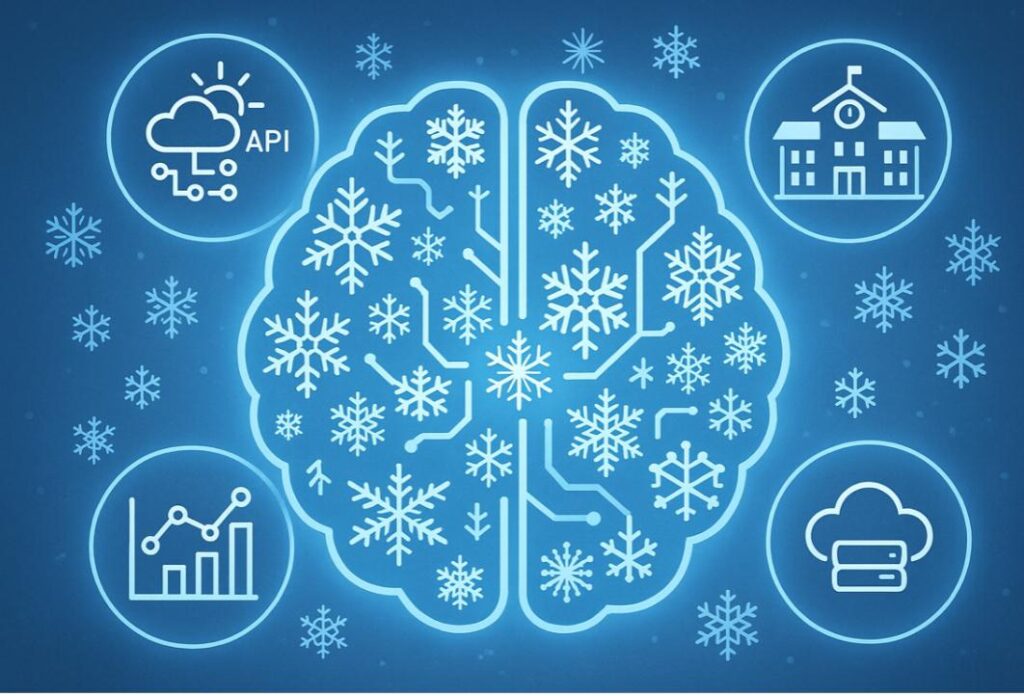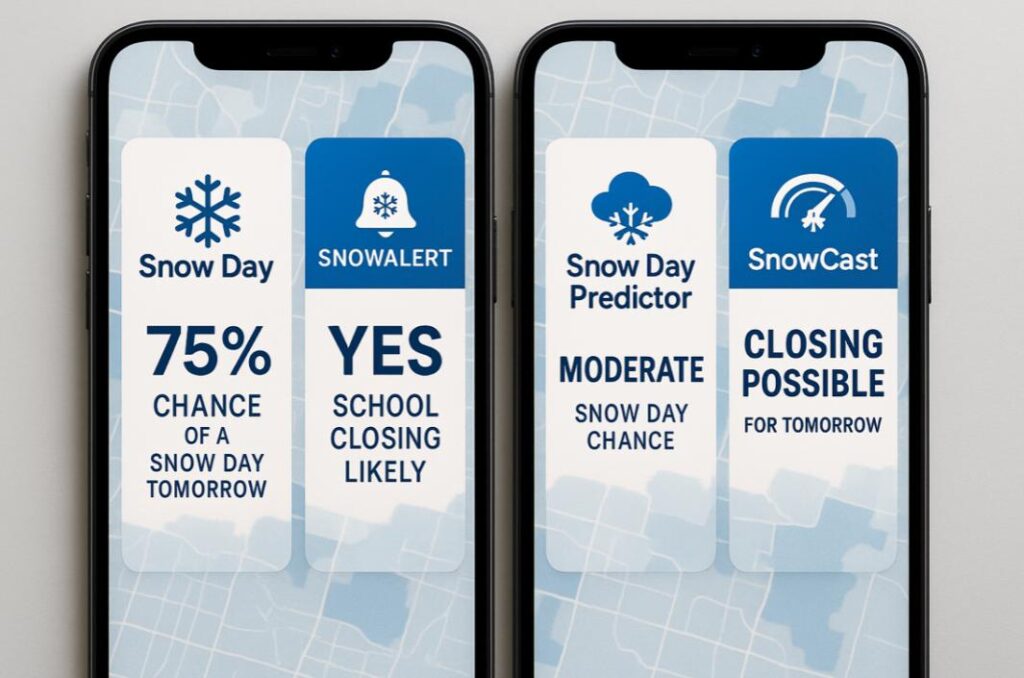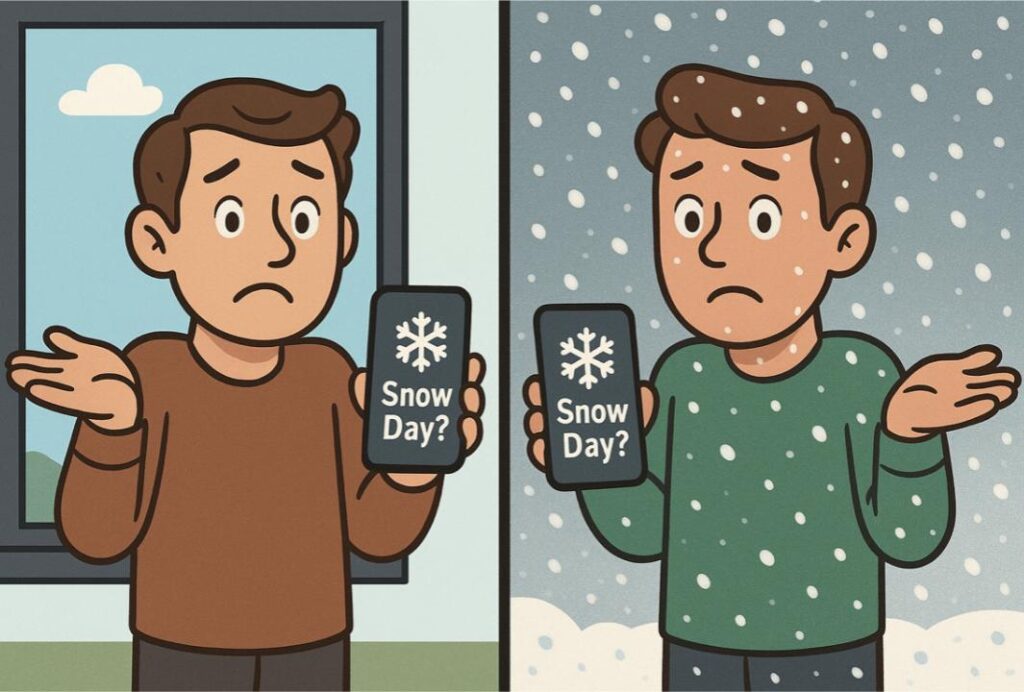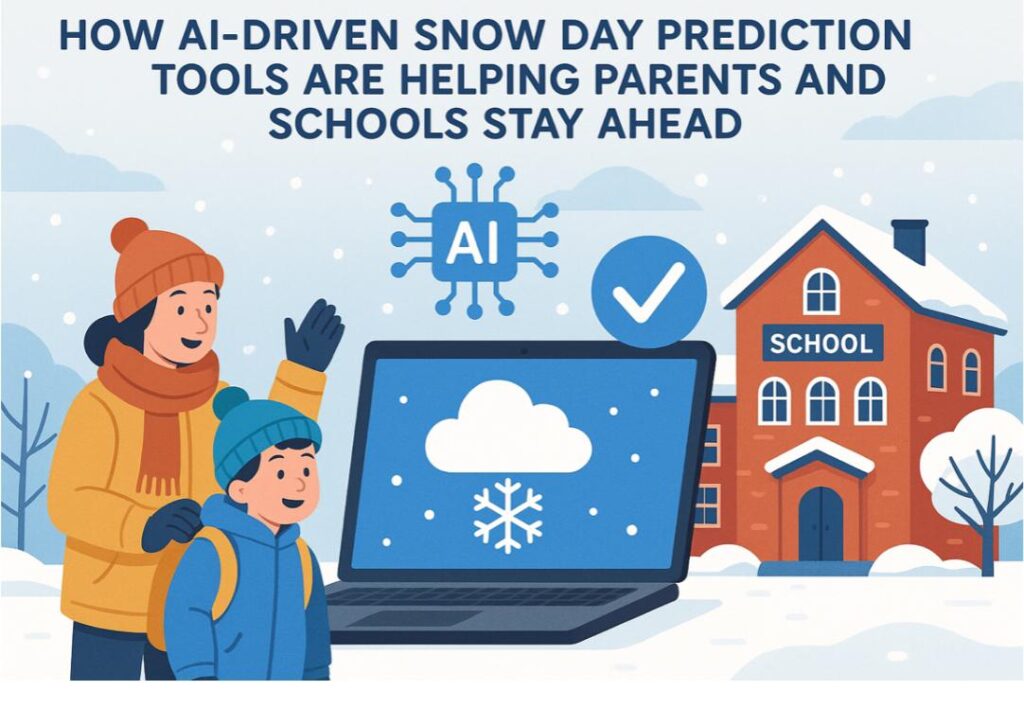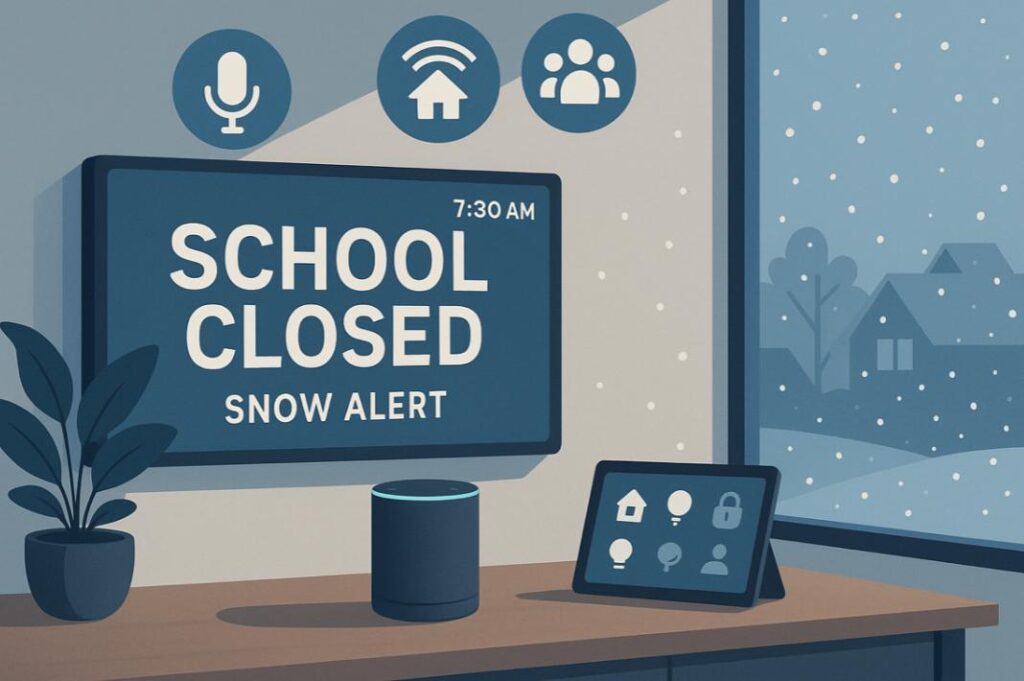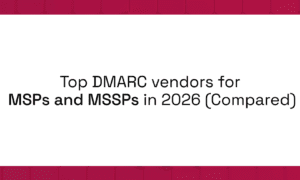Okay, let’s be honest snow days used to be a surprise. You’d wake up, peek out the window, and boom, winter wonderland. No school, hot cocoa, cartoons. It was magic. But now? It’s 2025, and even snow days have gone high-tech. Yep, we’ve got AI-driven snow day prediction tools that tell you before you even dust off your boots. Kinda wild, right?
And if you’re a parent trying to juggle a chaotic morning routine or a teacher planning tomorrow’s lesson, this tech is way more than a fancy weather app. It’s practically a lifesaver.
Let’s break down how this snowy sorcery works—and why it’s a total game-changer for both parents and schools.
What Exactly Is an AI Snow Day Prediction Tool?
Ever asked yourself, “How does it know school will be closed tomorrow before the school even decides?” No? Just me?
Here’s the deal: these tools are basically weather forecasting on steroids. Traditional weather apps spit out basic info—temp, wind, chance of snow. But AI-powered tools go a step (or ten) further.
They use machine learning models trained on:
- Historical weather data
- School closure trends
- Local government alerts
- Road condition reports
- Real-time weather feeds
Then, using all that juicy data, they predict the probability of a snow day. Not just “Hey, it might snow,” but “There’s an 82% chance your school will close tomorrow, Karen. Maybe don’t bother packing that lunchbox.”
Why Parents Freakin’ Love These Tools
Let’s face it if you’re a parent, mornings are already a hot mess. Add in an unexpected school closure, and things can go from 0 to meltdown real quick. Here’s how AI snow day tools are saving sanity across suburban kitchens:
Early Notifications = More Time to Plan
No more 5 AM email refresh marathons. These tools usually send alerts the night before, giving you:
- Extra time to arrange childcare
- The chance to work from home (or at least plan to)
- An excuse to let the kids stay up a little longer
App Integration = Total Convenience
Most of these AI snow day predictors are mobile-friendly or app-based, which means:
- You get push notifications straight to your phone
- You can sync it with school calendars
- Some even offer location-specific accuracy (goodbye, vague regional forecasts)
Smart Learning = Better Over Time
Just like Spotify learns your taste in music, these tools learn your local school district’s behavior. If your district is a “shuts down at one flake” type, the AI picks that up. If it’s more “snowplow it and keep going,” it learns that too.
So yeah, it literally gets smarter every year. Wild, huh?
Schools Aren’t Just Along for the Ride—They’re Benefiting Too
You might assume schools would be kinda skeptical of AI stepping into their decision-making process. But actually? Many schools are on board. Here’s why:
Efficient Scheduling and Planning
Superintendents can use prediction models to prep in advance. That might mean:
- Adjusting bus routes
- Prepping remote learning tools
- Notifying staff and parents early
FYI: Some schools even collaborate directly with these AI platforms to fine-tune data for local needs. That’s teamwork. 💪
Integrated Remote Learning Alerts
Thanks to AI alerts, schools can:
- Switch to virtual learning before the snow hits
- Send automated messages through platforms like Google Classroom
- Avoid last-minute chaos
And IMO, this reduces way more stress than scrambling with a snow-covered laptop at 7:55 AM.
The Techy Side (Without the Boring Bits)
Okay, you tech nerds (hi, fellow one 👋), here’s the gist without going full NASA mode.
How the AI Actually “Thinks”
These tools run on models like:
- Random Forests or Gradient Boosted Trees (translation: smart decision-making trees)
- Neural Networks (yep, the same kind of brainpower behind stuff like ChatGPT)
- Natural Language Processing for reading closure announcements and alerts
All of this is tied into real-time APIs that monitor weather, traffic cams, and social signals. It’s like Minority Report, but for blizzards.
Accuracy Rates
Most top-tier AI predictors boast:
- Accuracy upwards of 80-90% in mature regions (think: Northeast US)
- Slightly lower in areas with inconsistent weather data, but still crazy impressive
And honestly? That’s better than my dad’s “my knees are acting up, must be snow” method.
Best AI Snow Day Prediction Tools Out There (IMO)
You want the goods? I got you. Here are a few tools parents and schools rave about:
1. SnowDayPredictors.com
Why it’s awesome:
- Tracks hyper-local district data
- AI engine trained on over a decade of weather and closure history
- Sends personalized probability notifications
2. Snow Day Calculator
Why people love it:
- Classic favorite
- Simple UI
- Great for a quick “yes/no” look
3. PredictSnow
Best for: Teachers and admins
- Integrates with school systems
- Offers bulk alerts and district-wide insights
4. SnowPal
Extra: Chatbot-style weather assistant
- Feels like texting your weather-savvy friend
- Ideal for high schoolers and techy parents
Pro tip: Always cross-check predictions. Even the best AI can’t control Mother Nature. Yet.
But Can We Really Trust AI with This?
Ever wondered if this stuff is too good to be true? Like, what if it screws up?
Totally fair question.
Let’s Talk Reliability
The AI doesn’t decide school closures. It just makes informed predictions. Schools still have the final say. So if the app says 90% and the sky ends up clear? Blame the clouds, not the code.
It’s Still Learning
No AI is perfect. But honestly? These systems improve fast. Every storm, every missed guess—it learns. So your trust grows with time. And hey, at least it beats guessing based on a suspiciously dramatic weather anchor.
What’s Next? AI’s Snowy Future
We’re just getting started. Some prediction tools are now working on:
- Smart home integration (imagine Alexa saying, “Hey, no school tomorrow”)
- Voice alerts and text-to-speech for accessibility
- Crowdsourced snow data—yep, your neighbor’s snowman might be part of the algorithm someday
Soon, these tools might even help with:
- Delayed starts
- Weather-related sports cancellations
- Automated teacher substitute scheduling
Basically, AI’s coming for your calendar—and that’s not a bad thing. 🙂
Final Thoughts: Is It Worth It?
If you’re asking, “Should I trust an AI to tell me whether I need to shovel out the minivan at 6 AM?” I’ll say this:
YES. YES. AND ALSO YES.
These tools aren’t just fancy tech gimmicks. They’re practical, time-saving lifesavers that reduce chaos and give you just a little more control over winter’s curveballs.
- For parents, it means smoother mornings.
- For schools, it means smarter planning.
- For kids, it’s the difference between surprise and sweet anticipation.
So next time the forecast looks sketchy, don’t just guess ask the AI.
Who knew a little snow could bring us this close to the future?

